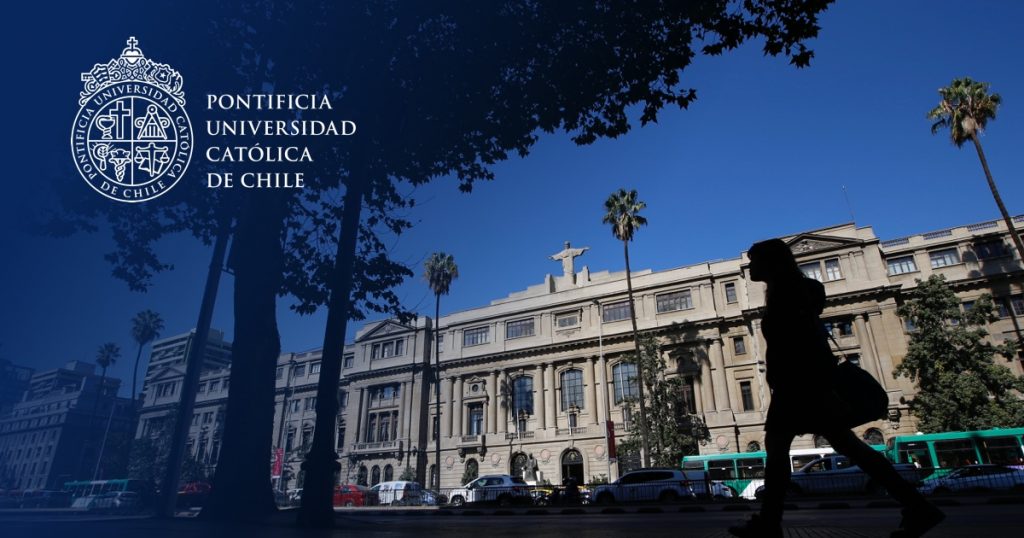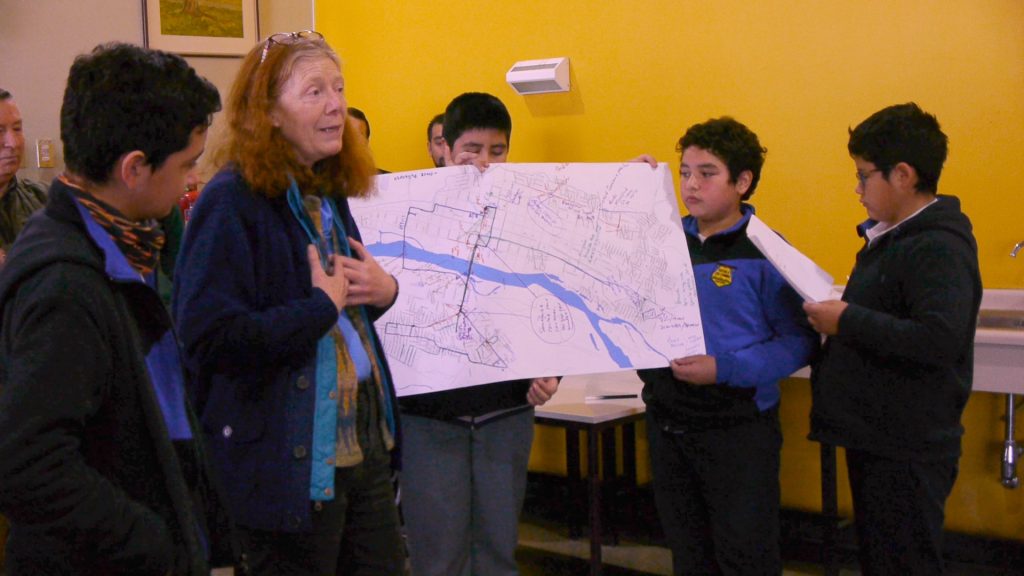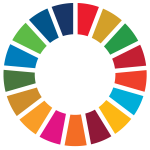Esta web utiliza cookies para que podamos ofrecerte la mejor experiencia de usuario posible. La información de las cookies se almacena en tu navegador y realiza funciones tales como reconocerte cuando vuelves a nuestra web o ayudar a nuestro equipo a comprender qué secciones de la web encuentras más interesantes y útiles.
Innovation in Engineering and Methods Courses: Action research and service learning for just sustainabilities
Description
Institution
Pontifica

Organizations/areas of the university involved
lInstitute for Sustainable Development, Centre for Excellence in Bus Rapid Transit BRT+, Centre for Sustainable Urban Development (CEDEUS), Centre for teaching development (CDDOC)
Country
Chile
Working with interdisciplinary, multi-generational participants from government and citizens’ organizations, our Living Laboratory approach teaches contents, methods and hands-on learning as students develop solutions for pressing sustainability challenges.
Starting in 2013, as a planning PhD in a transport engineering department, I developed two courses, ICT3543 Planning for Sustainable Transport, Citizens and Cities, and ICT3544 Toward Cycle-inclusive cities, planning, participation and design. Both blend technical and socio-political issues associated with the emerging knowledge about planning for healthy, happy and inclusive cities.
In 2018-2019, with support from the university’s teaching support centre, a survey revealed high satisfaction and, among graduates, high levels of recall of specific tools, theories and lessons. This study revealed that courses deeply influenced graduates’ sense of citizenship, and profoundly changed the attitudes of many, regarding sustainability. A common “criticism” was that students wanted more.
The result was a team effort within the emerging Institute for Sustainable Development, to co-create — with university and community partners — a methods course: The ARt of research: action research methods to study communities of change. Currently underway, this first application of the new course has become an action research project in itself, to reach the final version. The teaching team comes from five disciplines (planning, community development, transport engineering, communications and environmental studies), while students hail from physical sciences, biology, astronomy, agronomy, social sciences and design.
This strategy involved making course materials “open-source”: the theoretical and practical materials are available to students, community partners, civil society organizations, governmental staff and anyone else needing help to conceptualize or advance in sustainability. In Spanish, these materials include theoretical contents central to shaping and correctly applying sustainability strategies, and practical tools. Thus, the Guias Einstein summarize key work, such as the capabilities approach developed by Sen and Nussbaum, the donut economy (Kate Raworth), democratization and participation for change, among others.
The toolbox, meanwhile, provides basic instructions on how to facilitate for social change, how to select a qualitative sample, how to process qualitative and quantitative data, and how to get the most out of different epistemologies, cosmovisions and other ways of perceiving reality.
This effort aims to foster a common language and a shared repertoire of fundamental techniques and theories for understanding the social transformations necessary to achieve just sustainabilities.
Results and impact measured or expected
The 2018-2019 survey, workshop and interviews, and twice annual feedback workshops involving partners, reveal affection and commitment on all sides. Student projects make a quantum leap from initial proposals, some of which receive failing marks, and final projects with detailed recommendations, revised and corrected by community partners. Many of these projects are now being implemented to some degree by local governments or community organizations. This reflects a key correction to initial course design: partnerships are now ongoing and more formalized, in a “Living Laboratory” community, nourished by the Laboratory of Social Change, a participatory action research collaboration between leading university centers and citizen organizations. The permanence of these relationships helps to overcome many typical mistakes in university-community collaborations, avoiding paternalism or exploitation, and generating a democratic culture, in itself of great value. This enabled the program to thrive, even during the lockdowns and quarantines of the Covid19 pandemic.

Tags
Connection with the SDG framework
This participatory action research approach mobilizes visionary professors, departments and students to generate change, using what is now a well-tested formula: sufficiently structured for successful adaptations, and with significant flexibility for application in diverse conditions, contexts and disciplines. This new pedagogy for sustainable action research successfully combines emerging research regarding multiple and diverse aspects of sustainability in the world, but also in Latin America and Chile itself, with hands-on learning/teaching experiences. These directly involve students with local communities and governments, grappling with issues that benefit from sustainability rather than business-as-usual approaches. Evidence from the 2018-2019 study and ongoing feedback from community partners indicates that we are achieving this goal, matching students with deeply felt and urgent social, political and economic needs. They become sensitive to shades — and contradictions — among sustainability goals, particularly tensions between environmental and social equity, best addressed together for best results.
Barriers and follow up
Working from a social science and gender approach within male-dominated disciplines such as engineering requires understanding and overcoming prejudices and building a whole new way of thinking and acting, within education and beyond. Thus, students typically expect a detailed prescription for each task, paper, or project, with marks meted out proportionally to how well they follow instructions. In this course, however, they must take control of their project, mediate differences within their own group, and interact with often low-income, excluded or highly critical parts of society, or government partners overwhelmed by the complexity of their tasks and the few tools and resources open to them. Maintaining these aspects during the pandemia has required enormous creativity, supported mainly by the now longstanding community partners, familiar with methods and students, and able to collaborate in a process of mutual learning and assistance.
Transferability of the initiative
This service-learning and student-led pedagogical approach has evolved into a relatively simple set of procedures that allow a skilled professor and rotating team of teachers and teaching assistants to quickly master basic methods and support students’ learning agenda at both under-graduate and post-graduate levels. The new course is functioning extraordinarily well, and we are currently developing an additional course, on planetary health and social change, using the same methodologies, with other new courses looking well suited to a similar treatment. Moreover, there is growing interest at international conferences for training in these methods and we expect this strategy to be easy to pick up, adapt and apply in a variety of settings. the open-source materials make it easy to adopt and adapt and several professors plan to build equivalent courses in their own faculties and campuses. The combination of clear procedures and flexible application works.
Education 4 SDG funciona gracias a WordPress

